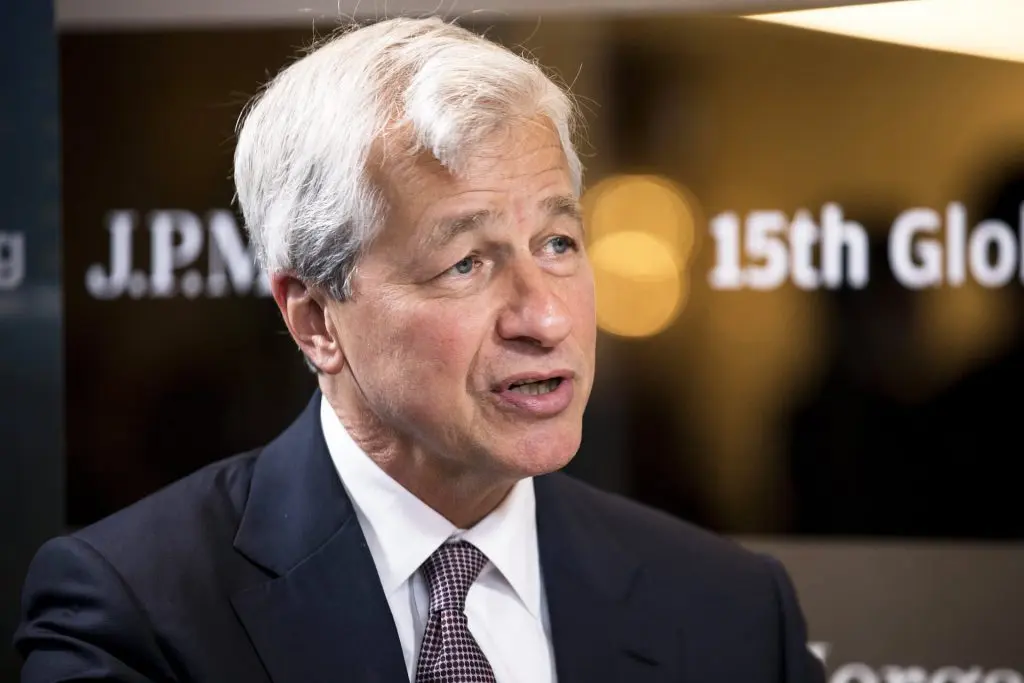In his annual letter to shareholders, JP Morgan CEO, Jaime Dimon, says that the government should seize private property to build wind and solar farms. Moreover, Dimon suggested that green initiatives should be embraced to eventually meet net-zero targets.
Dimon spoke on the call for government seizure and noted its potential impact on the ongoing fight against climate change. Conversely, the same letter to shareholders noted Dimon’s perspective on the banking crisis and its potential implications on the economy.
JP Morgan CEO Champions Green Projects
In what is a rather surprising statement, Jaime Dimon has spoken on the lengths he is willing to go to for green projects. Specifically, the JP Morgan CEO says that the government should seize private property to build wind and solar farms. Thus, fast-tracking green initiatives and embracing a greater chance in the fight against climate change.
Within his annual letter to shareholders, Dimon spoke on his rather concerning take. Stating, “Permitting reforms are desperately needed to allow investment to be done in any kind of timely way.”

Subsequently, Dimon stated, “We may even need to evoke eminent domain — we simply are not getting the adequate investments fast enough for grid, solar, wind, and pipeline initiatives.” Therefore, calling for governments to place the good of the climate over the private purchase of land and property.
The phrase eminent domain is meaning a government or state compulsory purchase of private property for the use of the public. Conclusively, Dimon spoke on the rather dire state of the energy crisis on the planet.
“The need to provide energy affordably and reliably for today, as well as the necessary investments to decarbonize for tomorrow, underscores the inextricable links between economic growth,” Dimon added.
#
Alex Newman: Even private land ownership is in the crosshairs, as global food production and the world economy are transformed to meet the global sustainability goals, U.N. documents reviewed by The Epoch Times show.
One of the earliest meetings defining the “sustainability” agenda was the U.N. Conference on Human Settlements known as Habitat I, which adopted the Vancouver Declaration. The agreement stated that “land cannot be treated as an ordinary asset controlled by individuals” and that private land ownership is “a principal instrument of accumulation and concentration of wealth, therefore contributes to social injustice.”
“Public control of land use is therefore indispensable,” the U.N. declaration said, a prelude to the World Economic Forum’s now infamous “prediction” that by 2030, “you’ll own nothing.”

